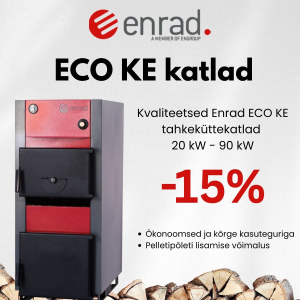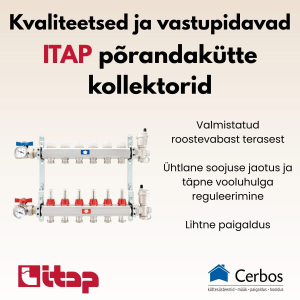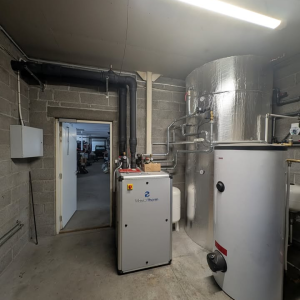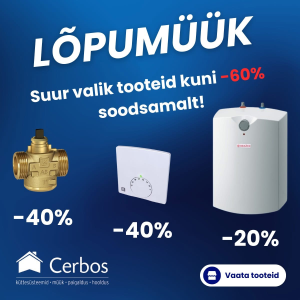The Future of Heating Systems: Smart and Sustainable Solutions
Heating systems are an integral part of our daily lives, providing warmth and comfort in homes, offices, and industrial spaces. However, choosing the right heating system can be a complex task, as there are various factors that influence the system's reliability, efficiency, and environmental impact. The choice of heating system often depends on the specifics of the household – whether it's a large or small home, the building's insulation, heating costs, and the location or climate conditions of the house.
The choice of system also involves deciding whether to stick with traditional solutions or invest in newer renewable energy solutions such as heat pumps, solar energy, or biomass. Each option has its advantages and disadvantages that need to be carefully analyzed. However, the more we consider energy efficiency and reducing environmental impacts, the clearer it becomes that today's heating systems are leaning towards renewable energy and smart solutions.
Traditional Fossil Fuels vs. Renewable Energy Solutions
Fossil fuels, such as natural gas and coal, are major sources of CO2 emissions. Therefore, more and more countries and homeowners are turning to renewable energy sources. Solar energy, wind energy, geothermal heat pumps, and biomass are now common solutions. Unlike fossil fuels, these solutions offer several advantages: they are more environmentally friendly, provide long-term sustainability, and help reduce dependence on expensive and polluting energy consumption.
However, the development of heating systems is not limited to the adoption of renewable energy. There is also an increase in the intelligence of systems, which in turn helps improve energy consumption efficiency and comfort.
Smart Heating Systems and Home Automation
Modern heating systems are increasingly integrated with other smart devices in the home, such as lighting, ventilation systems, and security systems. This enables systems to work together to optimize the home's energy efficiency. For example, smart heating systems can automatically adjust the temperature and lighting based on whether someone is at home or how long they have been there. This helps keep energy consumption low and ensures heating is provided only when actually needed.
Modern heating systems are also often equipped with remote control and monitoring options, giving homeowners greater control over their home's heating. Through smartphones and tablets, the system can be controlled even when away from home, offering even more comfort and flexibility.
Heating System Options and Integrated Solutions
Today, the selection of heating systems is extremely diverse. In addition to renewable energy sources, there are also various solutions that can be integrated with each other. For example, it is possible to combine heat pumps, solar-powered electricity, and smart heating systems to create a completely independent and autonomous heating system that can respond to everyday needs and reduce energy consumption goals.
Since every home is different and each household has its unique heating and energy production needs, not all systems may be suitable for everyone. To find the best solution, it is most sensible to consult with specialists in the field who can assess the specific features of your home and help you find the heating system that precisely meets your needs.





